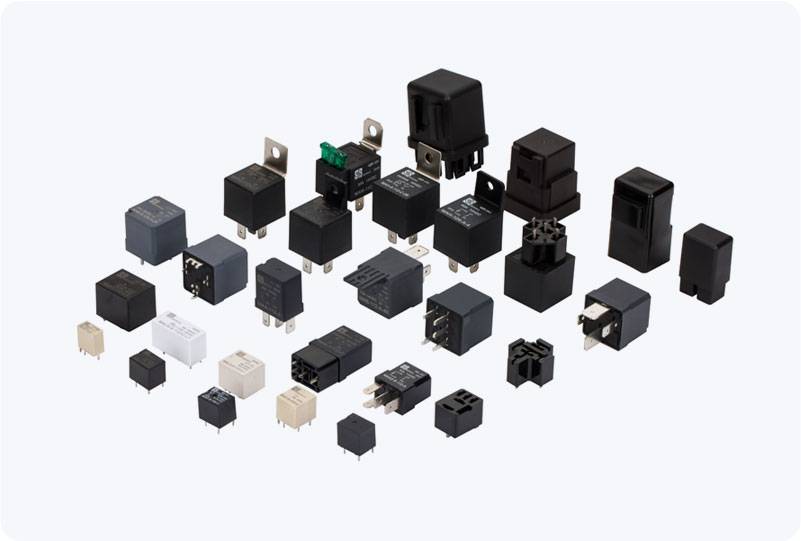In the world of industrial automation, motor control plays an essential role in numerous processes and applications, ranging from manufacturing to HVAC systems. A crucial component in motor control systems is the industrial power relay. These relays provide reliable control, protection, and switching capabilities, ensuring motors operate efficiently and safely. In this article, we will explore the importance, working principles, types, and selection criteria of industrial power relays for motor control.

What is an Industrial Power Relay? An industrial power relay is an electrical switching device designed to control the operation of large electrical loads, such as electric motors, by turning them on and off. These relays are capable of handling high voltage and current, making them ideal for industrial applications. Typically, they are controlled by low-voltage signals from a controller, such as a programmable logic controller (PLC), which makes them an integral part of automation systems. Power relays for motor control are designed to provide efficient, safe, and reliable motor operation while offering protection against electrical faults.